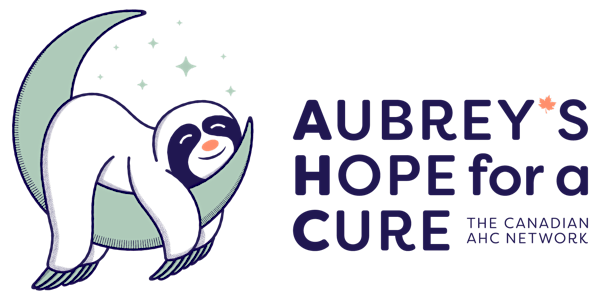
The 3rd Annual Kira Cup for AHC
Please join us for Aubrey's Hope for a Cure's 3rd Annual Kira Cup. All proceeds support Aubrey's Hope for a Cure's mission.
Date and time
Location
Pleasantview Community League
10860 57 Avenue Northwest Edmonton, AB T6H 1C2 CanadaRefund Policy
About this event
- 15 hours 30 minutes
Get ready for an epic day of yard games with your pals for a great cause! Grab a team of 6 people for an afternoon of giant beer pong, ladder golf, kan-jam and cornhole. All teams must have at least one female identifying person.
The Kira Cup will start at 11AM for registration and games will get underway at 11:30AM SHARP. The tournament will be played in a round robin format with single elimination playoffs between the top eight seeded teams. Spectators are welcome and encouraged and can sit on the sidelines or spend some time in the family friendly beer gardens , sip a cold Sea Change, mow down a bratwurst and soak up some sun! The event will take place rain or shine!
After the tournament has ended The After Party will begin! Held indoors at Pleasantview Hall, it will feature Sea Change beer, dinner, a live band, late night pizza and silent auction. This portion of the event is 18+. Tickets for the After Party are sold as a package to the lawn games tournament and also separately from the team registration.
We can't wait to see everyone's smiling faces!
What you are supporting
All proceeds from the event go to support Aubrey's Hope for a Cure's mission to improve the health and quality of life of Canadians suffering from Alternating Hemiplegia of Childhood (AHC), through research, education, access to treatment and patient and family support.
What is AHC?
AHC is an ultra rare neurological disorder caused by an ion imbalance in the brain that prevents the correct functioning of neurons. It is characterized by recurrent episodes of temporary paralysis, often affecting one side of the body (hemiplegia) or the whole body including the face, that may last for minutes, hours, days, or even weeks. AHC has a diagnosis rate of one in a million, and there are an estimated 1,000 diagnosed cases in the world. There is currently no cure and no effective treatment for AHC.
Due to its rarity and its wide and varied phenotype, AHC has often been misdiagnosed, most commonly as epilepsy. AHC is unpredictable, variable in how it can show itself, and without warning it robs a child of normal bodily function. Speech, motor, and cognitive functions are delayed and are likely to be compromised as children get older. AHC can be associated with devastating outcomes like death, brain atrophy, and sudden and permanent degeneration.
Research
Cutting edge gene therapy is underway at labs in the U.S.A., which are funded by international AHC organizations. Technologies being explored include Adeno Associated Virus (AAV) mediated gene therapy, gene editing, and Antisense Oligonucleotides (ASO).
Research in ATP1A3 and AHC goes far beyond AHC patients. Ten different diseases are caused by mutations in the same gene that causes AHC and those diseases are likely to benefit from the treatments developed from AHC. AHC treatments may also rescue other channelopathies, epilepsies, and neurological disorders, with implications for hundreds of thousands of people living with related genetic diseases. The ATP1A3 gene is one of the most important genes in the brain, encoding the sodium potassium pump which uses 50% of the brain’s energy. Knowledge gained from AHC research has the potential to benefit other disorders that results from loss of function of the sodium potassium pump including more common diseases affecting adults such as Parkinson’s, Alzheimer’s, Stroke, and Blood Sugar disorders.